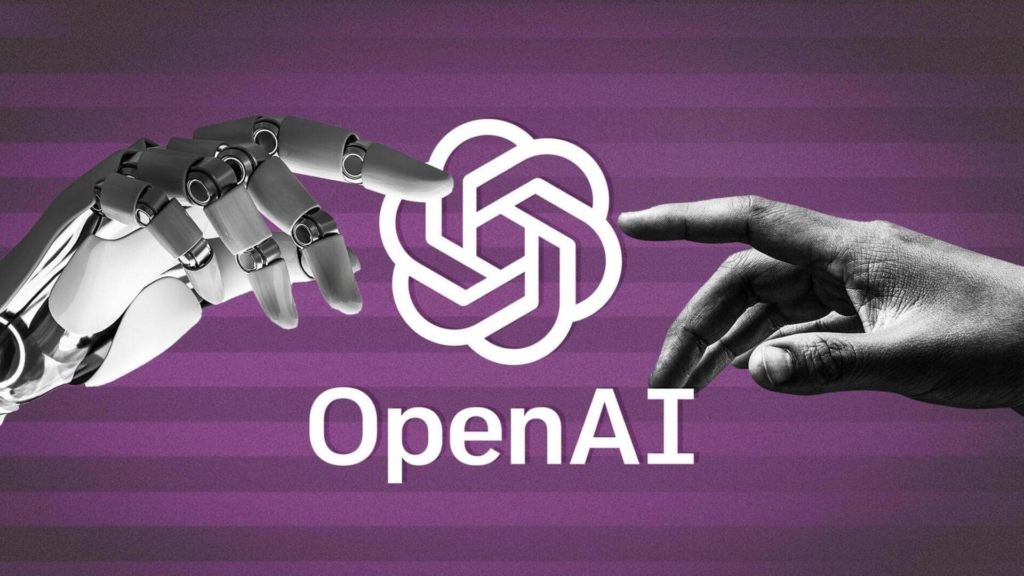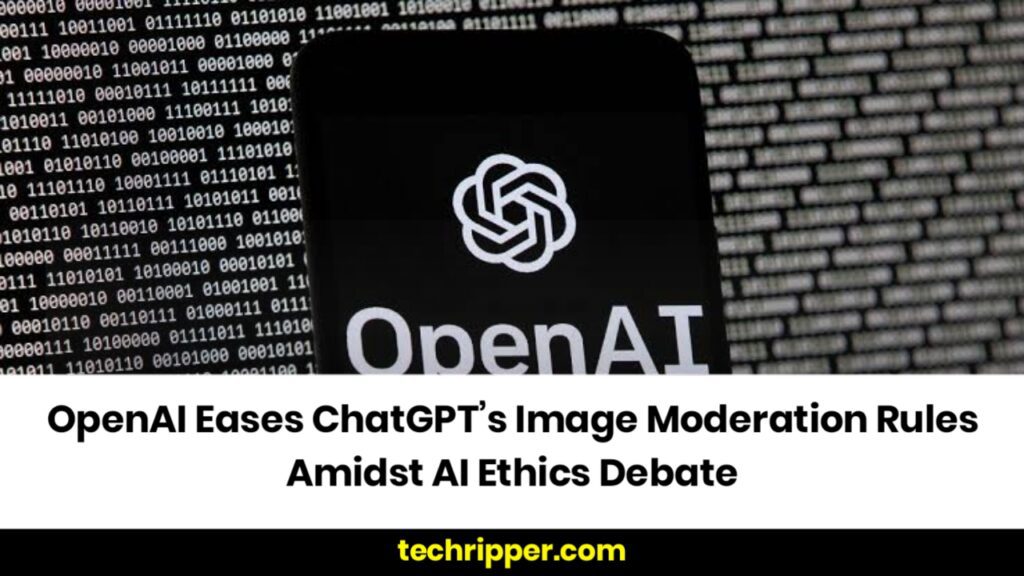This week, OpenAI launched a powerful new image generator within ChatGPT, which has gone viral for producing Studio Ghibli-style illustrations and enhancing AI-generated visuals. Alongside improvements in photo editing, text rendering, and spatial awareness, the biggest change is OpenAI’s shift in content moderation policies—now allowing depictions of public figures, certain sensitive symbols, and racial features.
A Shift in AI Content Moderation
Previously, OpenAI rejected prompts related to controversial topics like generating images of political figures or altering racial characteristics. However, OpenAI’s model behavior lead, Joanne Jang, stated in a recent blog post that the company is moving away from blanket bans to a more “precise approach” focused on preventing actual harm rather than limiting expression.
“We’re shifting from blanket refusals in sensitive areas to a more precise approach focused on preventing real-world harm,” Jang explained.
This decision aligns with OpenAI’s broader goal to “uncensor” ChatGPT, a move the company announced in February as part of its plan to expand AI’s ability to handle sensitive topics and reduce unnecessary refusals.
What ChatGPT Can Now Generate
With the updated policy, ChatGPT can now:
- Create images of public figures, such as Donald Trump and Elon Musk, which was previously restricted.
- Depict certain controversial symbols, like swastikas, but only in neutral or educational contexts.
- Modify physical features upon request, such as making a person’s eyes appear more Asian or altering their weight—something that was previously blocked.
- Mimic the styles of major animation studios, including Pixar and Studio Ghibli, while still refusing to directly copy living artists’ unique styles.
AI Ethics & Political Implications

Despite loosening restrictions, OpenAI insists that misuse prevention remains a priority. The GPT-4o image generator reportedly has even stronger protections than DALL·E 3 when it comes to generating images of children.
However, the debate over AI content moderation is heating up. Google’s Gemini AI recently faced backlash for its racially inaccurate historical images, and now U.S. lawmakers are questioning whether AI companies are coordinating with the government to censor certain topics.
Earlier this month, Republican Congressman Jim Jordan demanded answers from OpenAI and other Silicon Valley giants, accusing them of working with the Biden administration to influence AI-generated content. OpenAI denies these claims, asserting that its recent policy changes are not politically motivated but rather part of a “long-standing commitment to user control.”
What’s Next for OpenAI?
With AI-generated images already sparking cultural and political debates, OpenAI’s relaxed moderation policies could have long-term effects on AI ethics, misinformation, and regulatory scrutiny—especially under the Trump administration.
While for now, the most notable impact has been viral Studio Ghibli-style memes, it remains to be seen how OpenAI’s loosened guardrails will shape the future of AI content generation.
Also Read : ChatGPT’s New AI Image Feature Delayed for Free Users Due to High Demand

